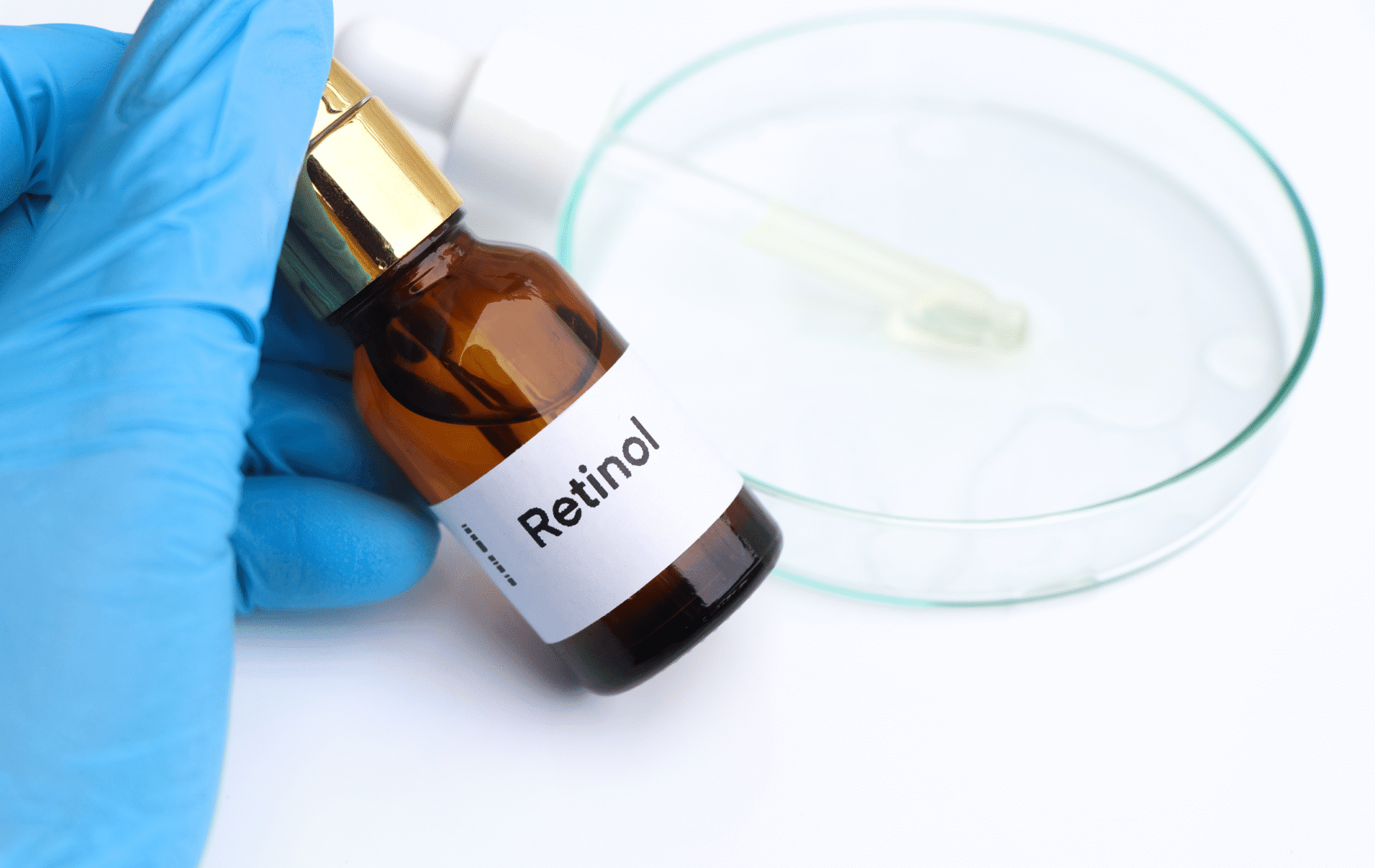As part of the European Commission’s ongoing updates to the Cosmetics Regulation (EC) No 1223/2009, several amendments have introduced new ingredient restrictions and compliance deadlines that will soon take effect. These upcoming changes affect products containing certain preservatives, vitamins, and nanomaterials. Cosmetic businesses operating in the EU must therefore ensure that their formulations, labelling, and documentation remain fully aligned with the updated regulatory requirements.
First deadline – 31 October 2025 regarding Triclocarban and Triclosan
Effective 31 October 2025, Cosmetic products containing Triclocarban and Triclosan and not complying with the restrictions specified in Annex V can no longer be made available on the European market. This deadline refers to the products already placed on the market before 31 December 2024.
Second deadline – 1 November 2025 regarding Retinol, Retinyl Acetate, Retinyl Palmitate
From 1 November 2025, cosmetic products containing Retinol, Retinyl Acetate, or Retinyl Palmitate that do not comply with the conditions set out in Annex III may no longer be placed on the EU market.
The following maximum concentrations of retinol equivalent (RE) apply:
- Body lotions: 0.05% RE
- Other products: 0.3% RE
In addition, all cosmetic products containing Retinol, Retinyl Acetate, or Retinyl Palmitate must bear the following mandatory labelling statement:
“Contains Vitamin A. Consider your daily intake before use.”
A subsequent deadline of 1 May 2027 applies for products already placed on the market.
Third deadline – 1 November 2025 regarding certain nanomaterials
The following nanomaterials have been added to Annex II (list of substances prohibited in cosmetics):
- Styrene/Acrylates copolymer (nano)
- Sodium Styrene/Acrylates copolymer (nano)
- Copper (nano), Colloidal Copper (nano)
- Colloidal silver (nano)
- Gold (nano)
- Colloidal Gold (nano)
- Gold Thioethylamino Hyaluronic Acid (nano)
- Acetyl heptapeptide-9 Colloidal gold (nano)
- Platinum (nano), Colloidal Platinum (nano)
- Acetyl tetrapeptide-17 Colloidal Platinum (nano)
Annex III (list of substances that cosmetic products must not contain except subject to the restrictions laid down) will include:
- Hydroxyapatite (nano) to a maximum concentration of 10% in toothpaste and 0.465% in mouthwash (not to be used in applications that may lead to exposure of the end-user’s lungs by inhalation), when the nanomaterial is composed of rod-shaped particles of which at least 95.8% (in particle number) have an aspect ratio less than 3, and the remaining 4.2% have an aspect ratio not exceeding 4.9, and when the particles are not coated or surface modified.
The new restrictions concerning nanomaterials will also apply from 1 November 2025, meaning that from this date, cosmetic products containing any of the listed nanomaterials will no longer be permitted on the EU market.
Next steps for cosmetic businesses
Cosmetic brands should begin by assessing all existing product formulations to verify compliance with the newly introduced restrictions. A thorough review or audit will help identify any formulations that may require adjustment.
Where non-compliance is identified, businesses should collaborate with suppliers and manufacturers to reformulate affected products. Once reformulation is complete, ensure that product labels and information files are updated to reflect the changes.
Interested in selling your cosmetic products in the EU? Get in touch to get started!
References:
European Commission, Commission Regulation (EU) 2024/996 of 3 April 2024 […] as regards the use of Vitamin A, Alpha-Arbutin and Arbutin and certain substances with potential endocrine disrupting properties in cosmetic products (2024), retrieved on 20.10.2025.
Regulatory Intelligence & Innovation Department
22/10/2025


